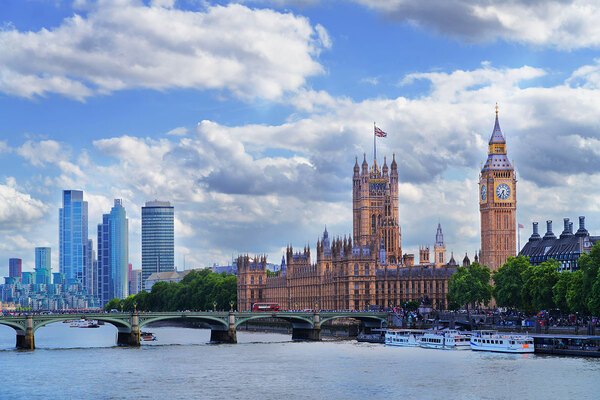Government to ‘protect private renters from eviction’ as NHF moves to reassure tenants
The prime minister has announced that the government is “bringing forward legislation to protect private tenants from eviction”.
Speaking in parliament during Prime Minister’s Questions this afternoon, Boris Johnson said it was also important that as the government legislates it does not “simply pass on the problem”.
“So we will also be taking steps to protect other actors in the economy,” he said.
It is not yet clear whether the government will also move to protect housing association and council tenants, and whether financial support will be made available to housing associations from government in that case.
However, the Ministry of Housing, Communities and Local Government (MHCLG) is expected to provide a directive to housing associations by the end of this week, according to one source.
The latest announcement from government came as the National Housing Federation today stated its position that “[no one] should be evicted because of the coronavirus”.
In a statement, chief executive Kate Henderson said: “We are confident that no housing association will do this, and want anyone affected by the outbreak to be reassured they will not be evicted.
“As charitable organisations, housing associations recognise that a number of people living in social housing work for low or irregular wages in insecure employment and may be placed in serious difficulties as a result of the COVID-19 pandemic.”
Ms Henderson welcomed the steps taken by government so far but implored it to go “even further to strengthen the welfare system to ensure that everyone who needs it can quickly get help if their income drops”.
She said that housing associations were putting in place extra support measures to help residents, and she urged residents concerned about financial difficulties to contact their housing association.
Today’s announcement by Boris Johnson follows the unveiling of a significant package of lending to prop up businesses unveiled yesterday by the chancellor, including £330m of government guaranteed loans.
Social Housing has asked the Treasury whether housing providers will be able to access the fund, which will be provided through the Bank of England, with additional loans to small businesses to be accessible through the British Business Bank.
MHCLG will not be involved in administering the loan schemes, but it will be involved in the delivery of other aspects of the so-called ‘coronavirus bill’ (the government’s emergency legislation concerning its response to the crisis), Social Housing understands.
Yesterday, housing secretary Robert Jenrick affirmed the government’s commitment to providing a £500m hardship fund for councils announced at the 11 March Budget to support “economically vulnerable individuals and households” impacted by the outbreak.
He said government expects this to be used largely to provide council tax relief, either through existing schemes or through complementary reliefs.
Housing associations told Social Housing earlier this week that they could face growing arrears as the outbreak worsens.
Meanwhile, Labour has called for rent deferrals for tenants impacted by the virus.
Pressure to protect renters has grown nationally, after chancellor Rishi Sunak on Tuesday announced mortgage payment holidays of up to three months for homeowners.
Housing association ‘rent holidays’?
Elizabeth Froude, chief executive at Midlands-based Platform Housing Group, told Social Housing this morning that it was unlikely the organisation would be able to take a blanket approach to all renters, but that it would engage sympathetically with any resident experiencing financial difficulties.
“Every day the situation changes and we will respond to any resident encountering hardship sympathetically and are anticipating a number of months’ rental backlog.
“We have both general needs renters, a sizeable number of shared owners and also commercial lessees in businesses integral to our developments, so need to plan for all rental streams.”
Platform will be looking to formalise its position following a board meeting early next week, and is currently modelling what the financials for this look like.
Ms Froude said the organisation is also paying full pay to any of its staff who are unable to perform their role or who are self-isolating, irrespective of contractual status.
She added: “In between, we simply have to maintain enough funds to maintain running our services along with the extra costs of enhancing safety for staff and customers.”
Most housing associations have been updating their tenants and residents via their websites and email.
The message on rents from a number of housing associations, including the likes of Clarion, Peabody and L&Q, is for anyone who is concerned about their ability to pay their rent or in need of benefits advice to contact the landlord for assistance.
Clarion, which owns and manages 125,000 homes across the country, said: “Clarion still has to collect rent, but if you are in financial difficulties, we can offer you support. We run a service called Guideline, which helps residents who are struggling to manage their money.”
The housing associations have also said they are likely to call residents before visiting to provide repairs services, to check for any coronavirus symptoms.
Ashling Fox, chief operating officer at Peabody, wrote in a letter to residents: “It is likely we will be soon be limiting home visits.
“This means that we can only carry out essential repairs and visits to our most vulnerable customers who receive support services.”
RELATED






